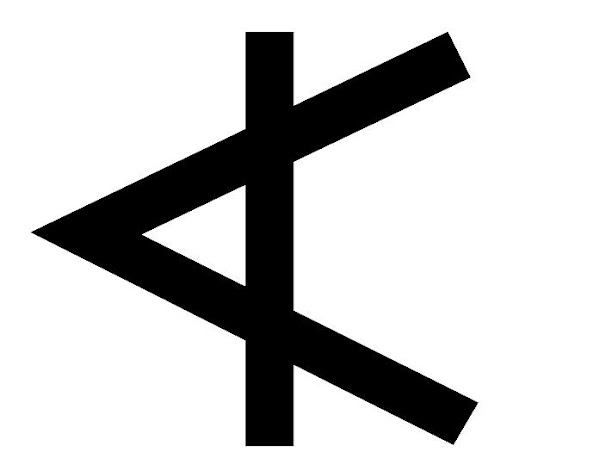"But he was so young, Bow!" No answer.
I personally do not know what happened. It could be that Nile found a new home. But let's face it, a lot of the animals I enjoy seeing on my property probably do meet violent ends, long before they ever arrive at old age. It's the way of all things.
I saw a Prairie Kingsnake hidden among the leaves the other day. That was a day after I spotted the black rat snake above my door.
I could not see its head clearly, and I was afraid it might be a venomous snake, like a copperhead, which it somewhat resembles from a distance. So I got a fallen tree branch in order to investigate from a safe distance.
From the shape of the head and the eyes, I could see that it was non-poisonous, and so I left it alone. By the presence of the snakes on my land who eat rodents, mice and voles and even small birds, sometimes, you can tell that there is a lot of dying that happens on my land, as much dying as living. Because in order to eat, one must also kill.
That's not true of everyone, of course. If you are a plant, like my beautiful wondrous red maple, now in the process of turning colors, then you do not kill. You are a producer and rely on the sun. But who wants to be a tree? And even if we wanted to, we could not all be trees.
The butterflies on my land make a living as pollinators. The flowers offer them a fee because they serve as artificial inseminators, which is really a very odd profession to be in. But when there are fewer flowers blooming, you often see the butterflies landing on dead leaves or grass.
Do they die because their time has come? Could their life be prolonged if summer never ended?
A few intrepid flowers are still blooming, refusing to give up the fight.
I continue to spot deer in my front yard. The last time it happened was yesterday, before dinner.
I saw the little one first. It looked so weak and vulnerable and alone. But I only had to take one step forward, and I saw it was not alone at all.
I wished them well as they took off into the pasture. But let's face it, I don't know the deer as individuals. I don't know how many have to die at the hands of coyotes and hunters, in order to keep the herd that remains in top health.
Someone suggested that to keep the good snakes close to the house, I should put out a bowl of milk. But I don't feed the wildlife. They feed on each other. And that is what keeps an ecosystem healthy.
Bow, in his own impenetrable way, may already have learned this lesson from his perch on the rim of the bench, where he studies nature, while remaining a disinterested observer.
News Items of Note













